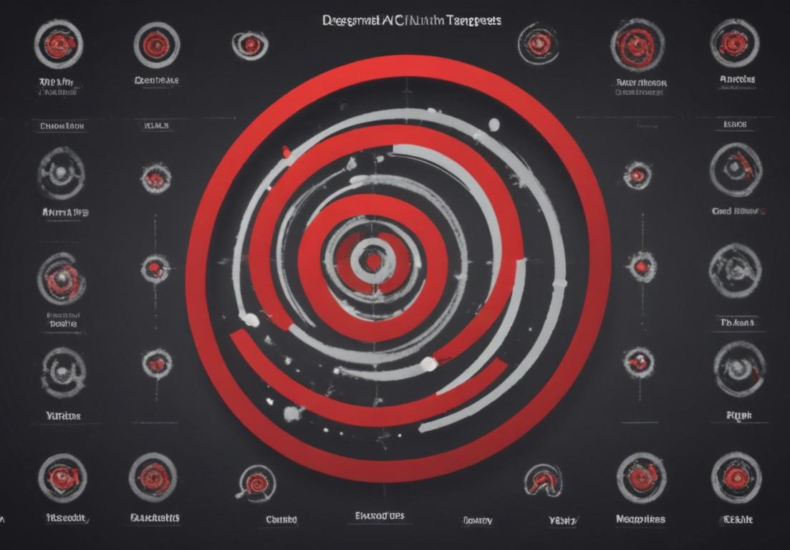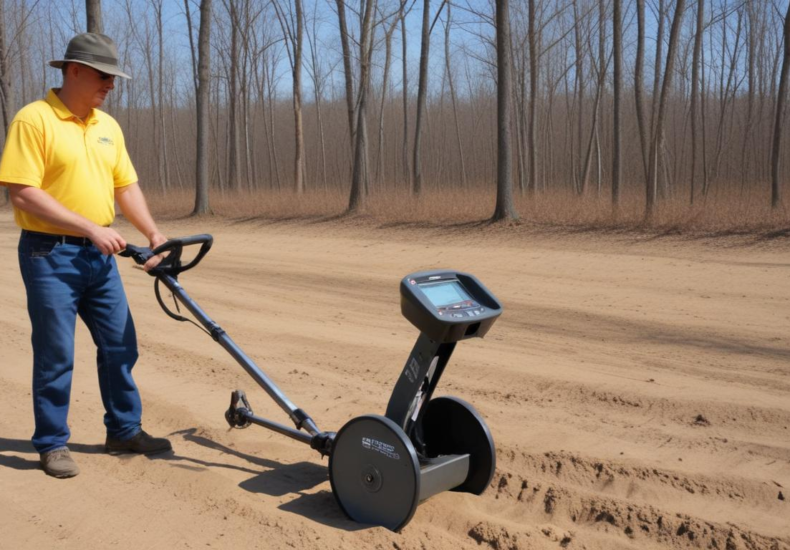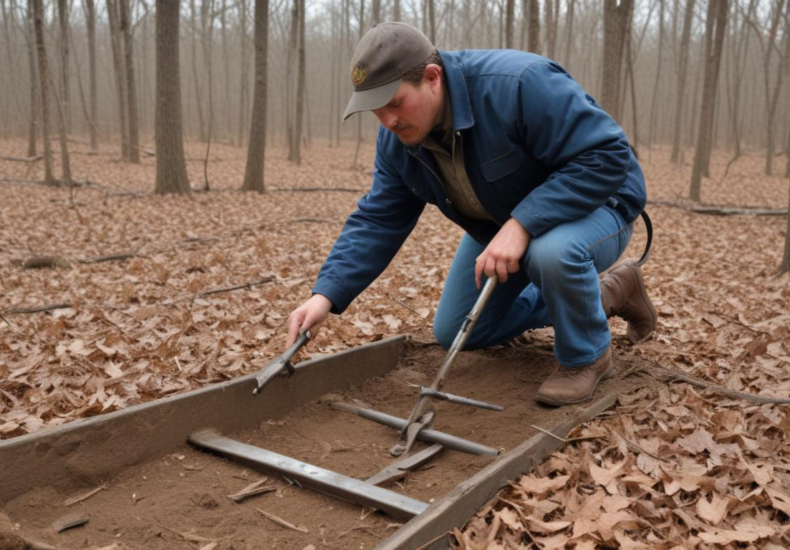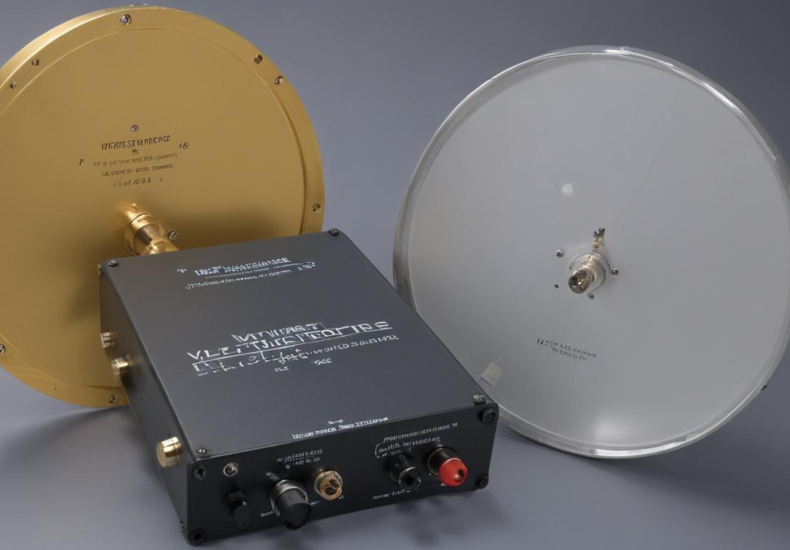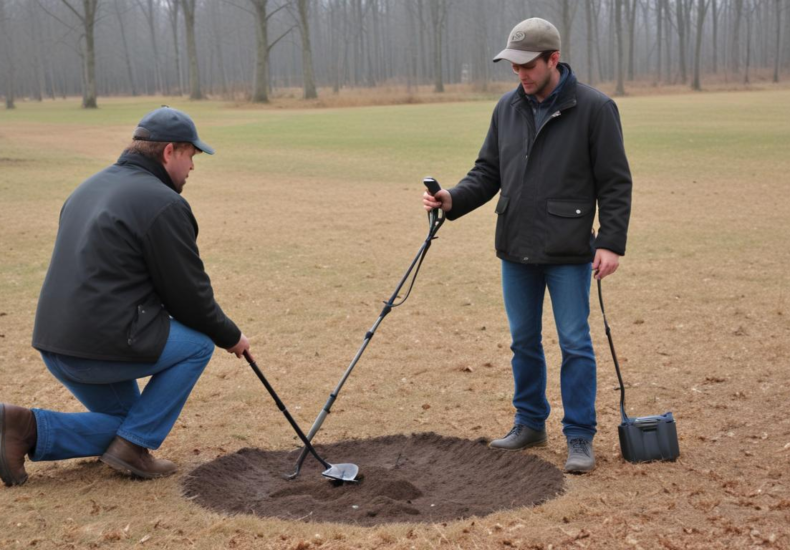Author: nelsonbort@hotmail.com
How to filter junk targets with discrimination settings
Unlock the secrets of efficient metal detecting with advanced discrimination settings. Learn how to fine-tune your detector to differentiate valuable finds from common junk like pull tabs and foil, ensuring more productive and enjoyable treasure hunts. Explore how various modes, such as coins and relics, and the sophisticated use of notching can transform your detecting outings, striking the perfect balance between sensitivity and precision.
Why recovery speed matters in a metal detector
Recovery speed in metal detecting is a pivotal feature that defines the efficiency and accuracy of detecting multiple closely spaced objects. This capability is crucial in crowded or trash-laden areas, preventing the overlapping of signals that could lead to missing valuable finds. Understanding the interplay between signal repetition rate and recovery speed is essential in optimizing a metal detector’s performance, particularly in challenging environments.
Metal detecting on farm land: what to know first
Navigating the legal landscape is crucial for metal detecting enthusiasts eager to explore farm fields. Each country, and often individual states or regions, have specific guidelines protecting private property rights and historical artifacts. Obtaining explicit permission from landowners and understanding local regulations are paramount steps to ensuring legal and respectful metal detecting activities, safeguarding both the hobbyist’s interests and the farm’s integrity. Ignoring these protocols can lead to legal issues and damage to valuable cultural heritage.
How to avoid common interference sources
Electromagnetic interference (EMI) not only disrupts the typical functioning of electronic devices but also challenges the reliability of technology in sensitive environments. From common gadgets like mobile phones and microwaves to complex industrial machinery, various sources contribute to EMI, each requiring strategic management and innovative shielding solutions. Understanding these sources and their impact is crucial for maintaining signal integrity and electronic performance across diverse settings.
Can metal detectors help you find civil war relics?
Selecting the right metal detector is crucial for anyone passionate about uncovering Civil War artifacts. The best models feature ground balancing and can handle highly mineralized soils, essential for detecting relics buried for centuries. Frequencies, coil sizes, and discrimination settings are also pivotal in distinguishing valuable historical items from mere metal debris. Armed with the right equipment, relic hunters have the potential to unearth stories etched in time, but must navigate the complexities of legal and ethical relic detecting.
Understanding VLF vs PI detectors
Very Low Frequency (VLF) and Pulse Induction (PI) metal detectors each bring unique strengths to the field of treasure hunting and metal detection. VLF detectors excel in their ability to distinguish between different types of metals, making them ideal for less challenging environments and detailed searches where precision is key. On the other hand, PI systems offer superior performance in highly mineralized soils and under water, penetrating deeper into the ground and handling conditions that typically disrupt VLF devices. Each technology caters to specific detection needs, whether it’s unearthing small coins and relics near the surface or pursuing larger treasures buried deep underground.
How to conduct a grid search for efficient detecting
Grid search unfolds as an indispensable method in honing machine learning models by meticulous parameter tuning across an expansive combination spectrum. This technique not only pinpoints optimal settings through a structured navigational pattern, enhancing model accuracy and efficiency, but balances computational demand by integrating advanced techniques such as multi-level grids and parallel processing. The strategic design of parameter grids, underpinned by domain expertise and empirical evidence, is critical in optimizing both the process and outcomes of model performance. Decoding the complexity of grid search reveals its core role in refining algorithms, promising a profound impact on predictive accuracy and operational efficiency.
How metal detector usage differs across the world
Across the globe, metal detector usage varies dramatically due to diverse legal, cultural, and historical contexts. In regions like Europe, strict regulations protect archaeological sites, while the U.S. displays a more liberal stance, allowing more freedom on non-federal lands. This global patchwork of laws affects both amateur enthusiasts and professionals, illustrating a complex landscape where metal detecting acts as both a tool for historical discovery and a subject of stringent oversight.
Should you report your major metal detecting finds?
Metal detecting enthusiasts often encounter historical artifacts that, while exciting, carry significant legal and ethical implications. Understanding the legalities of these discoveries is crucial, ranging from strict regulations such as the Archaeological Resources Protection Act to varied state laws that dictate reporting requirements. Moreover, the ethical aspects of reporting finds highlight the broader responsibilities to historical preservation and cultural heritage. Engaging in responsible practices ensures these artifacts can contribute to our collective understanding of human history, offering more than just a treasure hunt thrill but a chance to enrich historical narratives and respect the cultures they represent.
Metal detecting etiquette: being respectful in public spaces
Metal detecting combines the excitement of treasure hunting with outdoor exploration, yet it demands more than just technical skill with a detector. An enthusiast’s success hinges on understanding both public etiquette and local regulations, which govern the permissible locations and times for detecting, as well as the appropriate tools to be used. To truly enjoy and sustain this hobby, a deep appreciation for ethical practices and environmental respect is essential, ensuring that the pursuit of hidden treasures respects both the landscape and the law.
Archives
Calendar
| M | T | W | T | F | S | S |
|---|---|---|---|---|---|---|
| 1 | 2 | 3 | 4 | |||
| 5 | 6 | 7 | 8 | 9 | 10 | 11 |
| 12 | 13 | 14 | 15 | 16 | 17 | 18 |
| 19 | 20 | 21 | 22 | 23 | 24 | 25 |
| 26 | 27 | 28 | 29 | 30 | 31 | |
